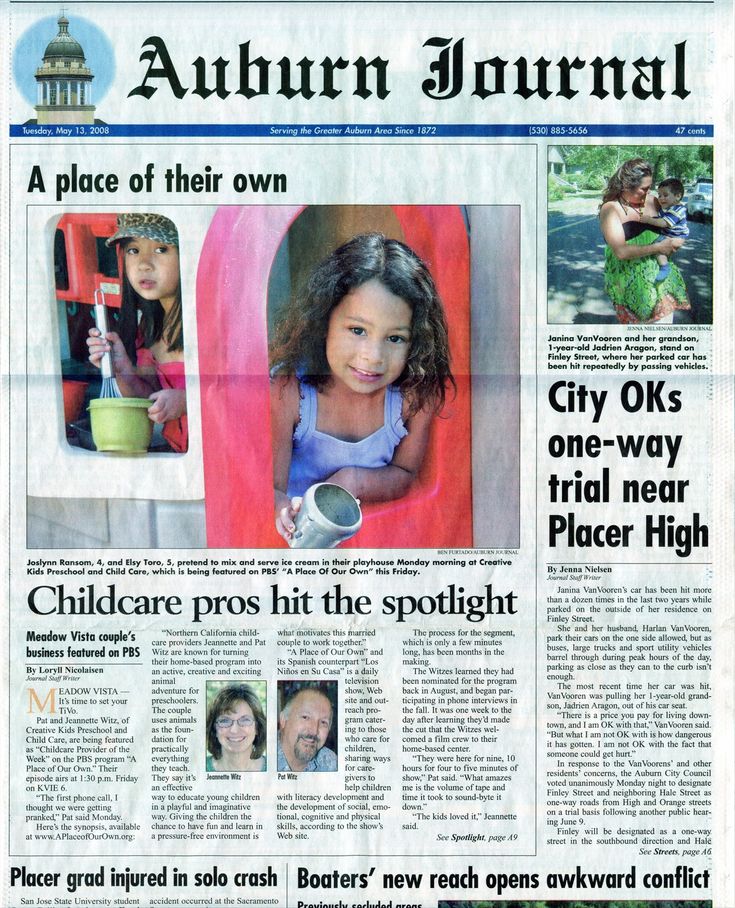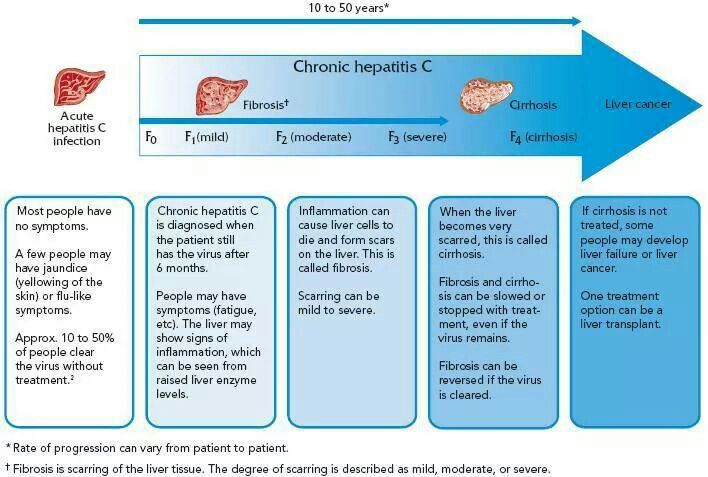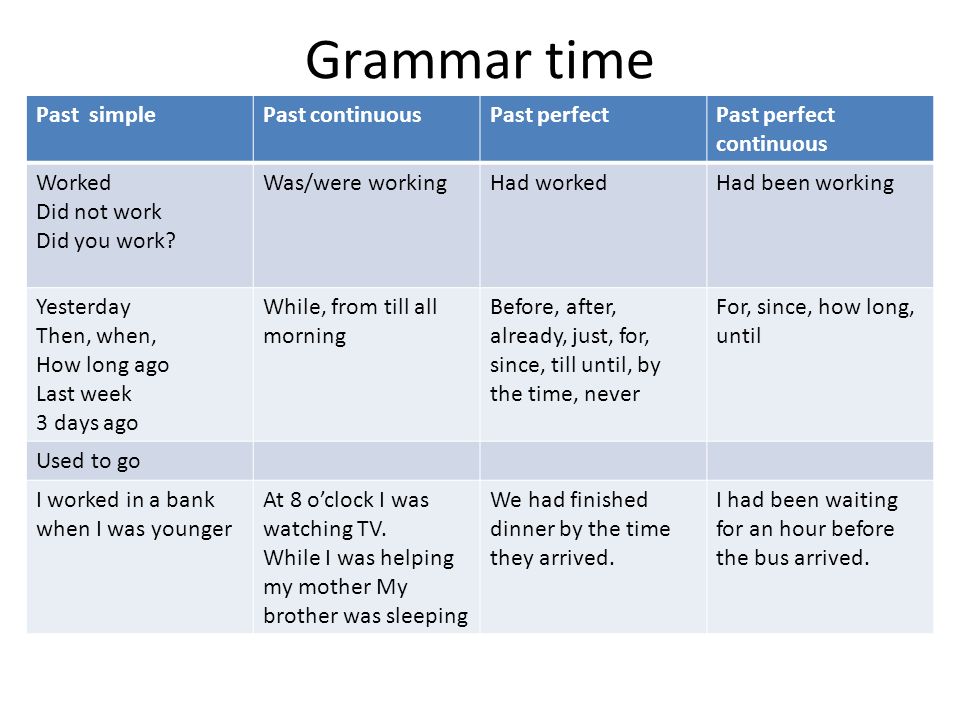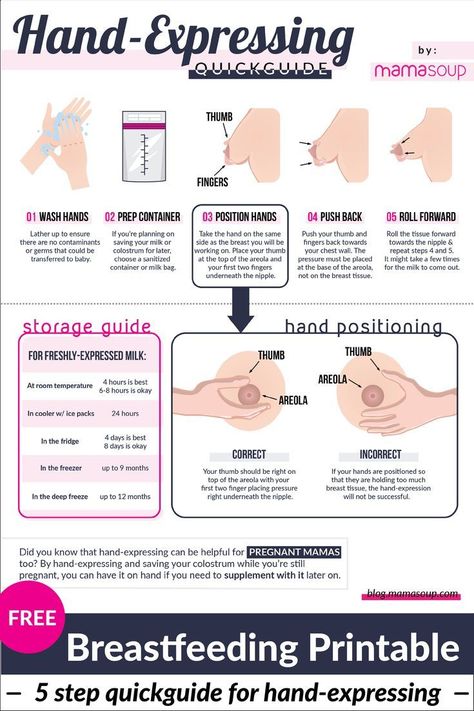How to find a preschool for your child
How To Choose A Preschool
| What is preschool | Is preschool considered a school | When do kids start preschool | When should parents apply | How much does preschool cost | Why is preschool important | Preschool philosophies | How to choose a preschool | What a parent should look for | Things to look out for | Preschool Checklist (Printable) |
This is the ultimate guide for parents who are considering or choosing a preschool for their child.
You will find a checklist on what to look for and how to choose.
Everything you need to know about preschool selection starts here.
What is preschool
Preschool, also known as nursery school or pre-k, is a facility that provides early childhood education to young children until they are old enough to start kindergarten.
Preschool learning is not mandatory and most preschools are private organizations. Parents who want to send their children to preschool need to look for suitable facilities and pay for the expenses themselves.
Some states offer public early childhood programs such as Pre-K or Transitional Kindergarten, but availability varies by state.
For more help on calming tantrums, check out this step-by-step guide
Is preschool considered a school
Preschools are not accredited schools. In most states, preschools are considered child care centers. They are required to obtain a Child Care license and meet state safety requirements.
For some types of preschool, such as Montessori, there are organizations that provide accreditation to preschools that meet their standards. But getting accredited is not a requirement for Montessori schools to operate.
Preschool Age Requirements
Each preschool has its own age requirement. Typically, they require the child to be at least two years old to enroll. The most common preschool-age requirement is age three.
In general, 3 years old is the age when children can begin to benefit from being a part of a group. This is when kids begin to engage in reciprocal relationships and show less separation anxiety when they’re away from their mothers.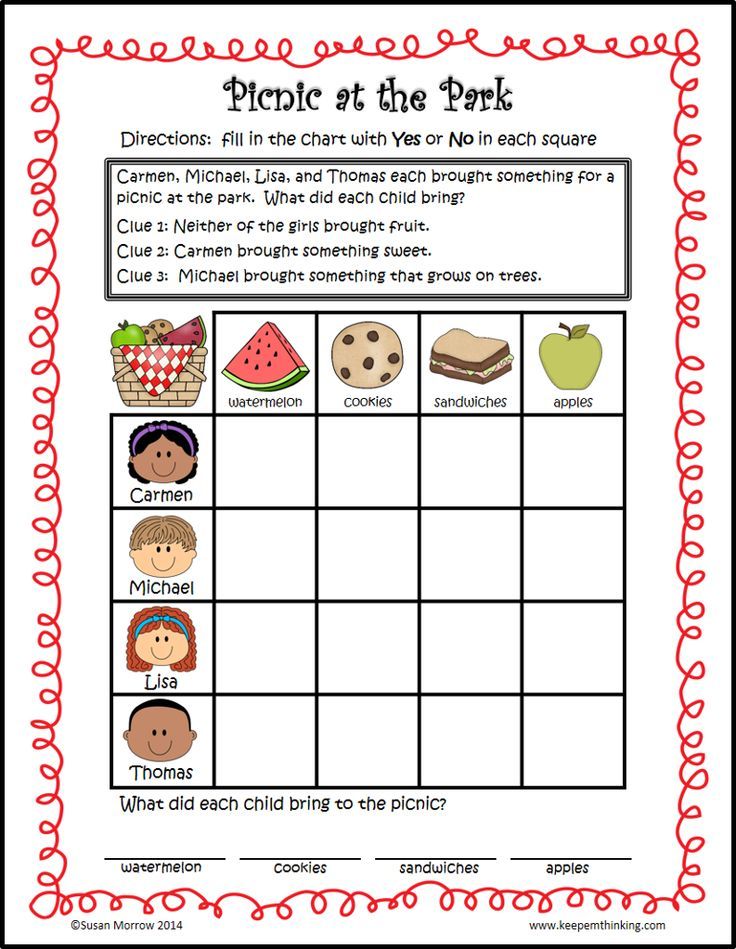
Some preschools also require the child to be potty-trained. Most children are potty-trained by the age of three, which coincides with the age when they can start benefiting from the new settings.
When Should Parents Apply
Many preschools, especially reputable ones, have long waiting lists. You may need to apply even before your child is at the required age to secure a place. Make sure you check with each preschool for their application deadline, too.
How much does preschool cost
Preschool cost varies by type and location.
Private preschools tend to be expensive. Here in Peninsula, California, private preschools can cost up to $1200 – $2500 per month.
Co-op preschools are run by parent volunteers. They are usually less expensive but parents need to contribute their time in exchange for the lower rate.
Transitional kindergarten / Pre-K, mentioned above, is offered publicly free to children, but the requirements are different by state.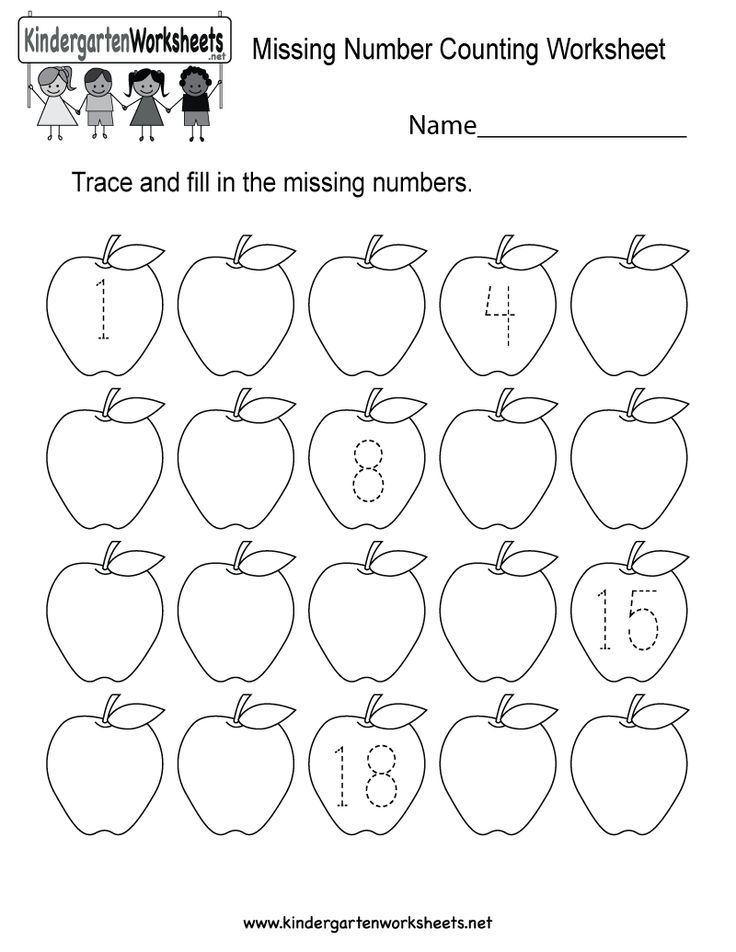 For instance, in New York, all four-year-olds can apply for Pre-K. But in California, only children whose birthdays fall in a specific range are eligible.
For instance, in New York, all four-year-olds can apply for Pre-K. But in California, only children whose birthdays fall in a specific range are eligible.
Head Start is a federally funded program that provides free comprehensive early learning and family support to preschool-aged children from low-income families. However, their funding levels aren’t always sufficient to provide access to all eligible children. Apply as early as possible if you are eligible.
Why is preschool important
Studies show that early childhood education in general increases a child’s cognitive development, reduces grade retention, and improve behavior during elementary years1.
Some studies even find that when these students grow up, they tend to involve less in delinquency and are more likely to have a skilled job2.
Research also finds that kindergarten readiness is a reliable predictor of future school performance3.
Preschool philosophies
There are different types of preschool based on different teaching philosophies.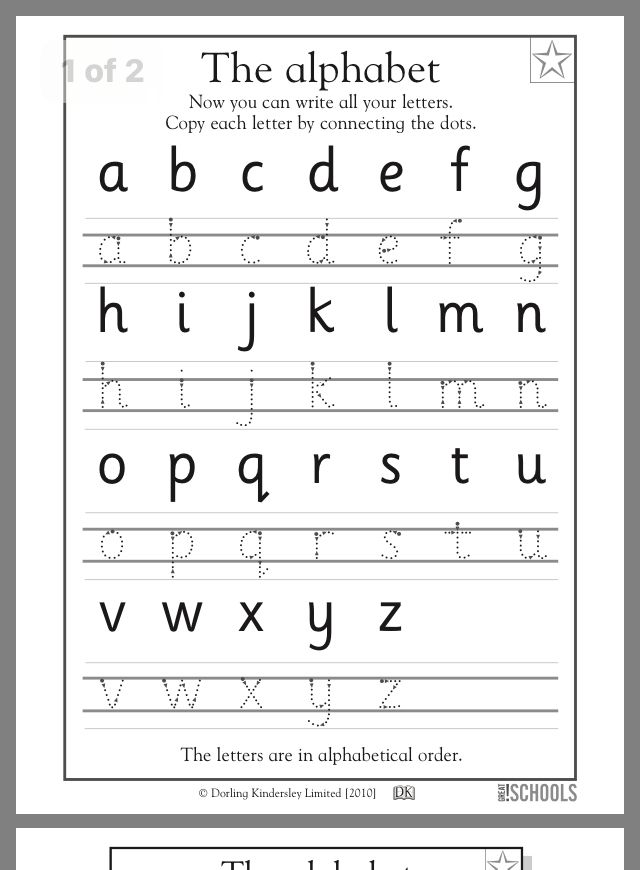 Some of the most popular ones in the US are Montessori, Waldorf, Reggio Emilia, and play-based.
Some of the most popular ones in the US are Montessori, Waldorf, Reggio Emilia, and play-based.
How to choose a preschool
Parents should choose a preschool based on the quality of the teachers, the policy enforced by the preschool Director, resources, the overall environment, and fit for your child, not so much on its written education philosophy.
Oftentimes, when you talk to preschool directors, you will find that they like to emphasize their education method.
Parents are, therefore, led to believe that they should pick the right preschool based on the marketed philosophy.
However, preschools do not need any accreditation to use the names of those education methods. Subscribing to philosophy does not guarantee it will deliver the same type or the same quality across the board.
Your child’s experience will mostly be shaped by the teachers, the environment, and the policies of the preschool.
It is more important to understand how the teachers are interpreting and incorporating that philosophy into their teaching than whether they have a certain buzzword in their marketing brochure.
To choose a good preschool, after narrowing down several that fit your budget, schedule, and commute, schedule a tour. During your visit, talk to the teachers and staff. Observe closely to see if they meet the criteria in the next section.
What a parent should look for to find a good preschool
The National Institute Of Child Health and Human Development (NICHD) has studied the issue of early child care for decades.
It has consistently been found that the quality of child care centers (including preschool) is highly correlated to the outcomes of the child later4. It is prudent to find a high-quality preschool for your child.
The NICHD has found that fewer than 10% of the facilities it surveyed fall in the “very high quality” category. That means most preschools are mediocre and some are even low in quality.
Parents have the important job of spotting the right one among many options. Fortunately, preschool quality is very easy to assess if you know what to look for.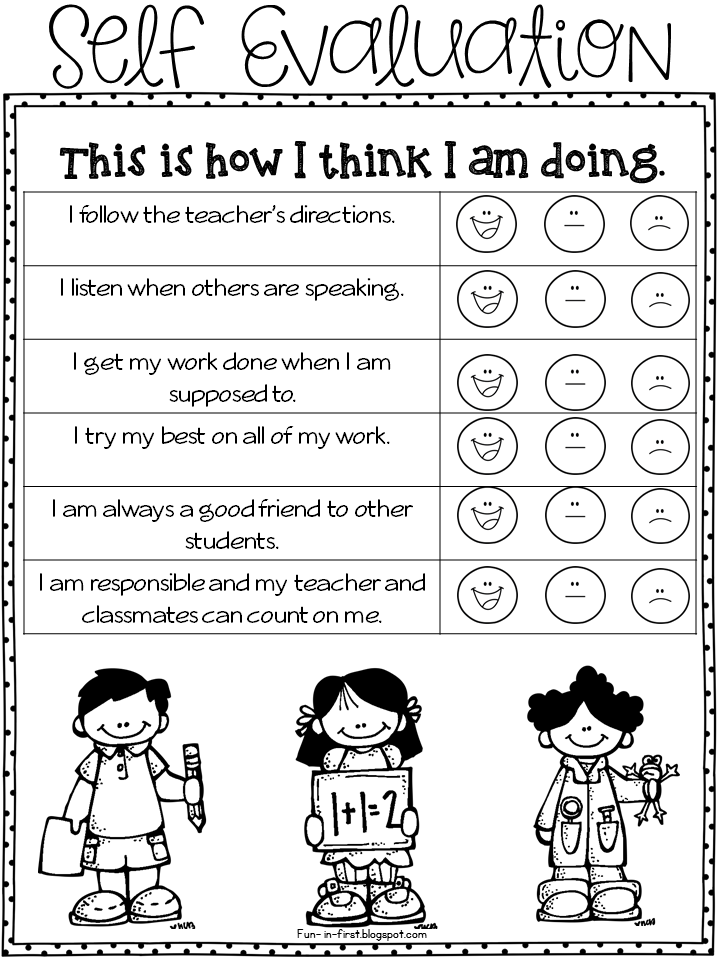
Here are the criteria of a high-quality preschool according to research.
1. Teachers have formal post-high school training
Studies find that higher teacher education predicts higher quality care. Look for teachers who have formal post-high school training, such as a 4-year college degree in child development, early childhood education, or a related field that addresses developmental needs of preschool children4.
2. Teachers are positive and caring
Early childhood learning is built on trusting relationships. Studies confirm that when teachers are positive and caring, children learn better and their development is more advanced5.
Positive teachers are happy and in good spirits. They are upbeat, helpful, and smile often at the kids. They may pat a child on the back or hold their hands.
The teachers also repeat the child’s words, comment on what they say or try to say. They answer children’s questions and they don’t dismiss or ignore their concerns.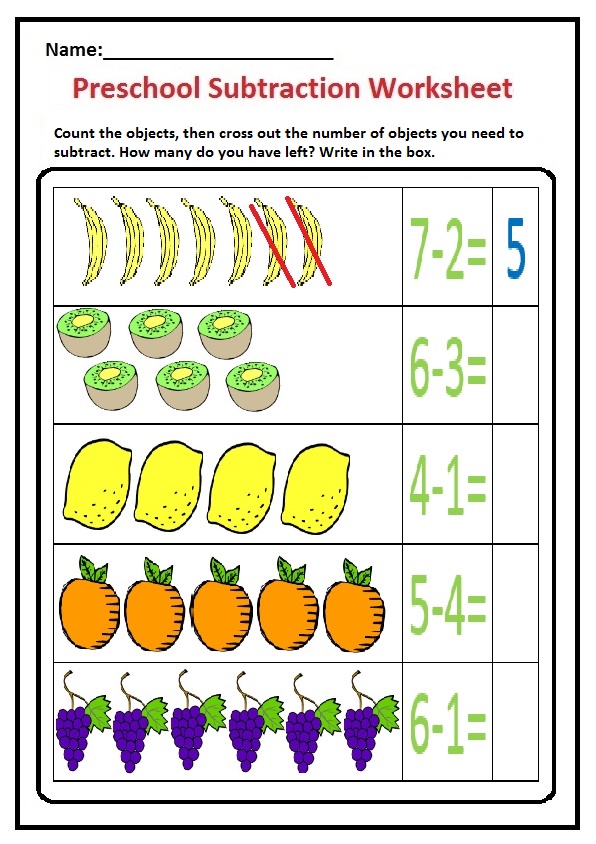 Positive teachers are nurturing. They don’t engage in negative interaction such as scolding or yelling at the child.
Positive teachers are nurturing. They don’t engage in negative interaction such as scolding or yelling at the child.
3. Teaching is interactive and engaging
Look at how teachers interact with the child during class.
Teachers should interact positively and frequently with the children. They ask thought-provoking questions and help kids to think deeper. They encourage children to talk. They also praise the child’s positive actions and inspire them to learn.
Teachers should be engaging rather than merely lecturing. They may sing songs, tell stories, read books or describe events. They use games and crafts to teach, and allow children to be active contributors to the classroom.
Besides academic topics such as alphabets, counting, and shapes, teachers should also cover daily life knowledge3.
4. Use positive discipline and patiently guide the child’s behavior
Ask the school for a clear explanation of the discipline policy.
All preschoolers are developing self-regulation and social skills.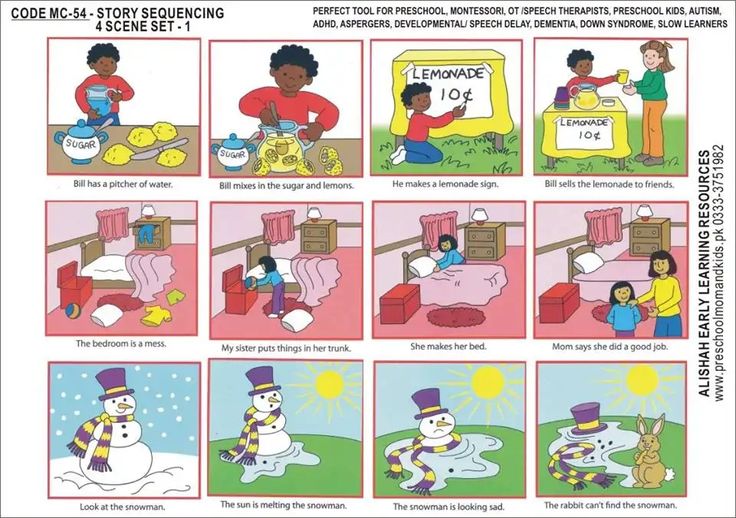 They need help to learn social rules and the words to express frustration. Good teachers should practice positive discipline. They should enforce discipline by patiently explaining and teaching, not by punishing.
They need help to learn social rules and the words to express frustration. Good teachers should practice positive discipline. They should enforce discipline by patiently explaining and teaching, not by punishing.
Under no circumstances should children be physically punished or given a punitive time-out.
Free playing has been proven to be one of the best ways for preschoolers to learn6.
Playing and physical activities stimulate brain growth and enhance early development7. Free play promotes prosocial behavior and allows children to develop social competence8,9.
Look for a play to learn preschool that not only incorporates plenty of free playing time in their schedule but also has teachers who proactively guide conflict resolution and facilitate social learning (rather than just letting preschoolers “figure it out” on their own, because they can’t).
Also See: Importance of Play in Early Childhood
Things to look out for
The child’s behavior may become worse if the preschool quality is low
Although attending preschool is associated with better cognitive development and social competence, studies show that the child’s behavior may worsen if the preschool is lower in quality.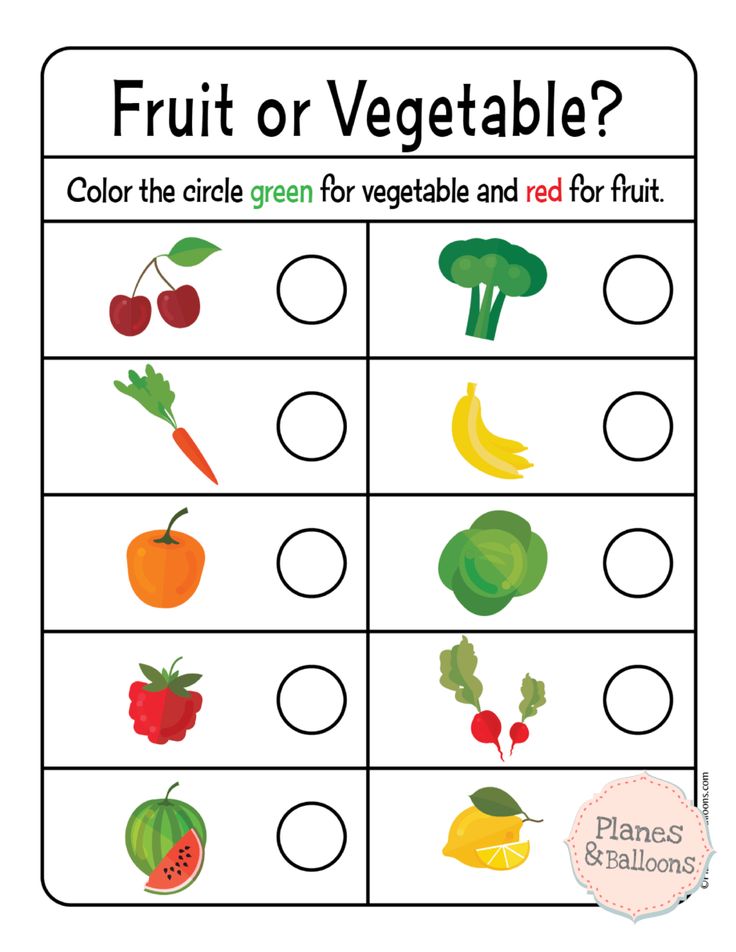
This is another reason why parents should make an effort to look for a good preschool.
Pay an unannounced visit
Sometimes, what we see during a school tour may not be the real deal. When there are visitors, we all tend to be on our best behavior. That includes teachers.
Drop in during class time unannounced and see if you like the way the preschool runs when there are no other visitors. A quality preschool should have teachers who act the same way whether there are visitors or not.
Ask about teacher support and turnover
Teaching young children is a tough job and teachers should be paid fairly. It is hard to be a happy teacher when you are underpaid.
Ask the director about how the preschool supports its staff in terms of livable compensation, benefits, and professional development. Also check their teacher turnover rate as a high turnover is a sign of systemic problems.
Talk to other parents but keep an open mind
Talk to current and past parents if you can.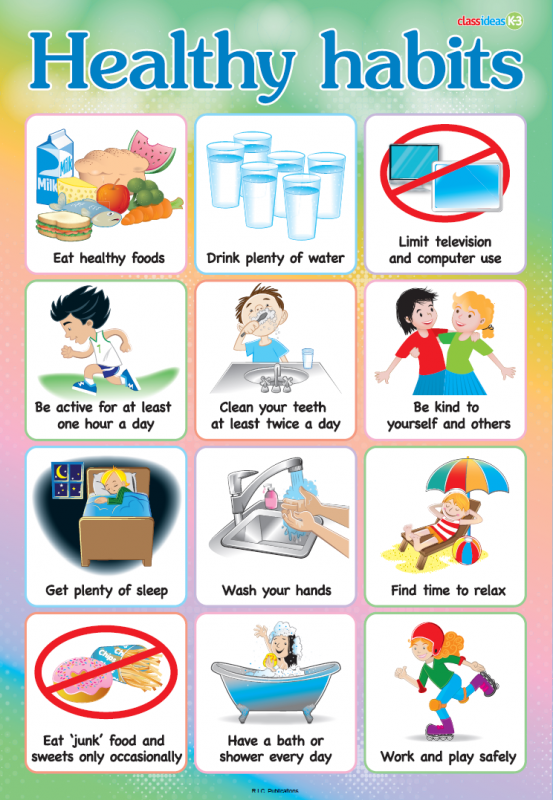 But know that not everyone has the same definition of quality. You may have to ask more specific questions to get an accurate picture.
But know that not everyone has the same definition of quality. You may have to ask more specific questions to get an accurate picture.
Verify the license is up-to-date
In the US, every child care facility needs to meet a set of safety standards to be licensed. Occasionally, some preschools let their licenses lapse.
Before finalizing your decision, check if the preschool has an up-to-date license. A preschool that doesn’t renew its license should raise a red flag (or worse, some are unlicensed).
Preschool Checklist
Choosing a preschool can be overwhelming. Use this checklist to help you navigate the selection process.
Download A Printable Preschool Checklist
References
-
1.
Barnett WS. Long-Term Effects of Early Childhood Programs on Cognitive and School Outcomes. The Future of Children. 1995:25. doi:10.
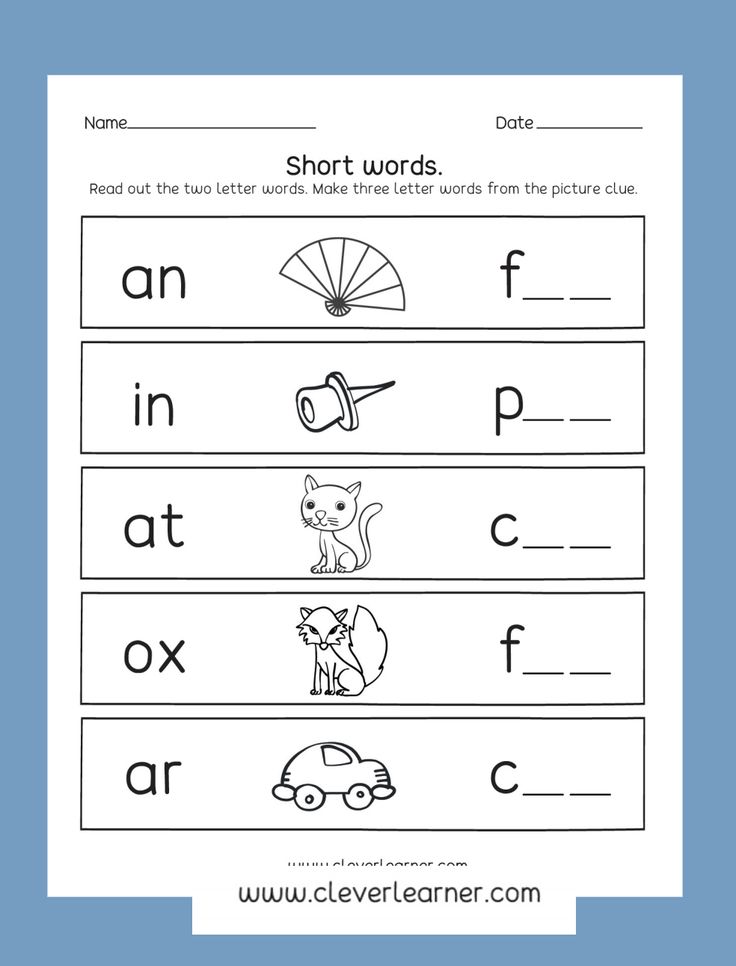 2307/1602366
2307/1602366 -
2.
Barnett WS. Preschool education and its lasting effects: Research and policy implications. Boulder and Tempe: Education and the Public Interest Center & Education Policy Research Unit. 2008.
-
3.
Grissmer D, Grimm K, Aiyer S, Murrah W, Steele J. Fine motor skills and early comprehension of the world: two new school readiness indicators. Dev Psychol. 2010;46(5):1008-1017. https://www.ncbi.nlm.nih.gov/pubmed/20822219.
-
4.
Early Child Care and Children’s Development Prior to School Entry: Results from the NICHD Study of Early Child Care. American Educational Research Journal. March 2002:133-164. doi:10.3102/00028312039001133
-
5.
Downer J, Sabol TJ, Hamre B. Teacher–Child Interactions in the Classroom: Toward a Theory of Within- and Cross-Domain Links to Children’s Developmental Outcomes. Early Education & Development. October 2010:699-723.
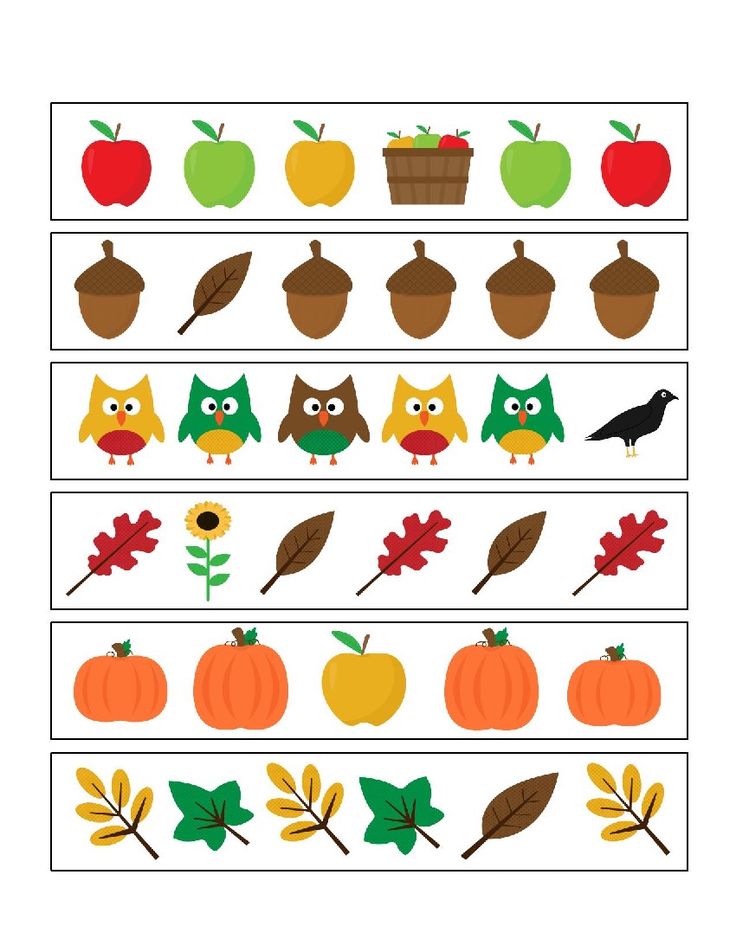 doi:10.1080/10409289.2010.497453
doi:10.1080/10409289.2010.497453 -
6.
Fisher EP. The impact of play on development: A meta-analysis. Play & Culture. 1992;5(2):159-181. https://psycnet.apa.org/record/1992-42498-001.
-
7.
Becker DR, McClelland MM, Loprinzi P, Trost SG. Physical Activity, Self-Regulation, and Early Academic Achievement in Preschool Children. Early Education and Development. December 2013:56-70. doi:10.1080/10409289.2013.780505
-
8.
Coolahan K, Fantuzzo J, Mendez J, McDermott P. Preschool peer interactions and readiness to learn: Relationships between classroom peer play and learning behaviors and conduct. Journal of Educational Psychology. 2000:458-465. doi:10.1037/0022-0663.92.3.458
-
9.
Guralnick MJ. Why Early Intervention Works. Infants & Young Children. 2011:6-28. doi:10.1097/iyc.0b013e3182002cfe
About Pamela Li
Pamela Li is a bestselling author. She is the Founder and Editor-in-Chief of Parenting For Brain.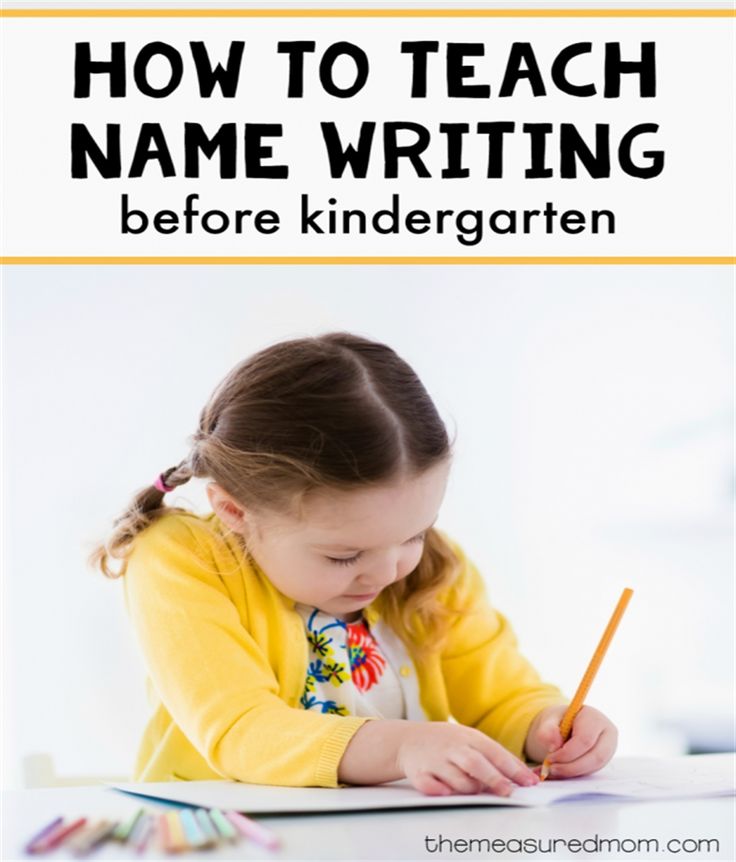 Her educational background is in Electrical Engineering (MS, Stanford University) and Business Management (MBA, Harvard University).
Her educational background is in Electrical Engineering (MS, Stanford University) and Business Management (MBA, Harvard University).
View all posts by Pamela Li | Website
Page not found - Parenting For Brain
We didn't find the posts for that URL.
Latest Posts
| What is Psychological Flexibility | Why Is Psychological Flexibility Important | How Flexibility Makes Parenting Easier | How to Help Children Improve Their Psychological Flexibility | Parenting is inherently hard. Being fully responsible for another human being is not an easy task. But sometimes, parents make it harder than it needs to be. Parenting …
Read More about How Psychological Flexibility Makes Parenting Easier
| Risk Factors That Cause Parents To Abuse | Effects Of Abuse (Statistics) | Protective Factors | How To Break The Cycle | What Is Child Abuse? Abuse from parents can take many forms. There are times when it is obvious and other times when it is difficult to detect. The five types of abuse …
The five types of abuse …
Read More about Why Abusive Parents Maltreat and How To Break The Cycle Of Abuse
| How Do Maladaptive Behaviors Develop | Examples | Causes | How to Treat | What Is Maladaptive Behavior Maladaptive behavior is behavior that interferes with an individual’s ability to function in daily life or adjust to difficult situations. It is significantly different from what is expected for the individual’s developmental level. These behaviors are …
Read More about What Causes Maladaptive Behavior in Children?
Most parents love their children and would not intentionally hurt them. Unfortunately, there are parents who would say hurtful things to their kids intentionally. And even though we’re adults now, those hurtful sayings can still stick with us. Here are some of the most common damaging phrases parents use that their grown children still remember …
Read More about 23 Hurtful Things Parents Say That Kids Still Remember As Adults
| What Is Attention-Seeking Behavior? | Causes | Examples | How to Stop Attention-Seeking Behavior in Children | It’s normal for kids to want attention from their parents and also sometimes from other adults.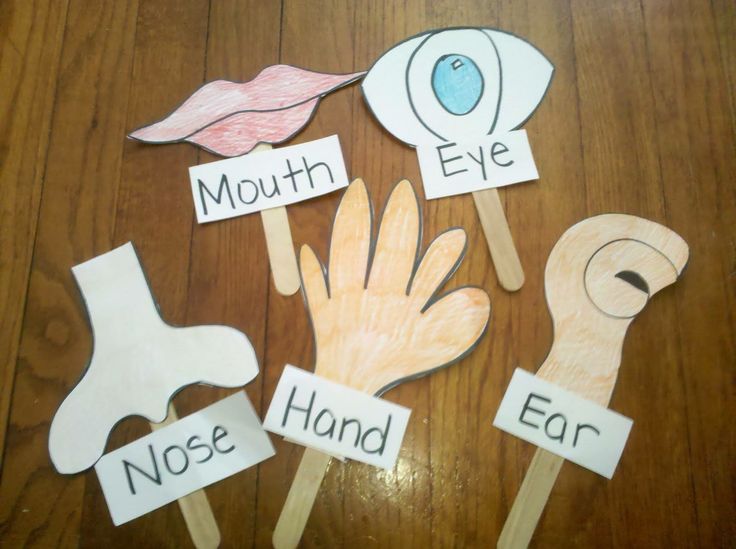 However, some children insist on constantly being the center of attention. They may go out of their way and use annoying …
However, some children insist on constantly being the center of attention. They may go out of their way and use annoying …
Read More about 9 Tips On How To Stop Attention-Seeking Behavior in Children
| Signaling the child is unworthy | Shaming and belittling the child | Comparing | Instilling prejudice | Threatening | It’s no secret that kids are incredibly impressionable. A parent’s words of wisdom can send powerful messages to their child. Sometimes, parents can be harsh or angry, and say things in a way that hurts …
Read More about 31 Worst Things A Parent Can Say To A Child
| What is Gratitude? | Why Is It Important? | How To Teach Your Child Gratitude | Activities That Foster Gratitude | In our daily lives as parents, the topic of gratitude comes up more often than you might expect. We may wonder if our child will say “thank you” after receiving a gift. Sometimes …
Read More about How To Teach Your Child Gratitude
| What Are Life Skills? | Why Are Life Skills Important For Teens? | 3 Types of Core Life Skills | How to Teach Your Teenager Life Skills | Adolescence is a time of significant change, physically, intellectually, socially, and emotionally.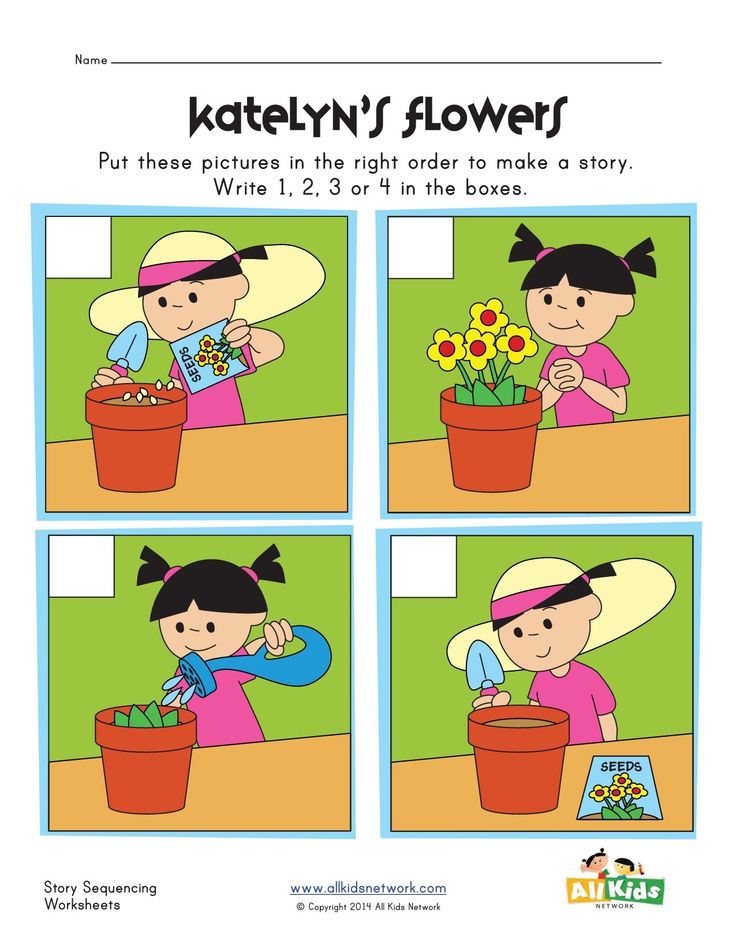 The challenges can be overwhelming. This is when teens explore who they are and …
The challenges can be overwhelming. This is when teens explore who they are and …
Read More about 3 Types Of Life Skills For Teens To Succeed In Adult Life
| Benefits of Journaling | Tips on How to Start Journaling | Journal Writing Prompts | What is Journaling? Journaling is the practice of writing down ideas, thoughts, feelings, or experiences in a journal. It can be used as a tool for both positive and negative emotions. It helps you organize thoughts, express emotions, cope …
Read More about Benefits of Journaling For Children and Parents, Tips & Prompts
| What Is an Emotionally Immature Parent? | 4 Types of Emotionally Immature Parents | Causes | Signs | How Adult Children of Emotional Immature Parents Heal | As children, we look up to our parents for support and guidance. Our parents are supposed to guide us with loving care and wisdom. What if you …
Read More about 5 Signs of Emotionally Immature Parents and How Adult Children Heal
How to enroll a child in a kindergarten near the house and not spend a penny
- How to get in line
- Why file another application
- What to do if there are no places
- We invoke the law
The Constitution of the Russian Federation states that all citizens of the Russian Federation have the right to education.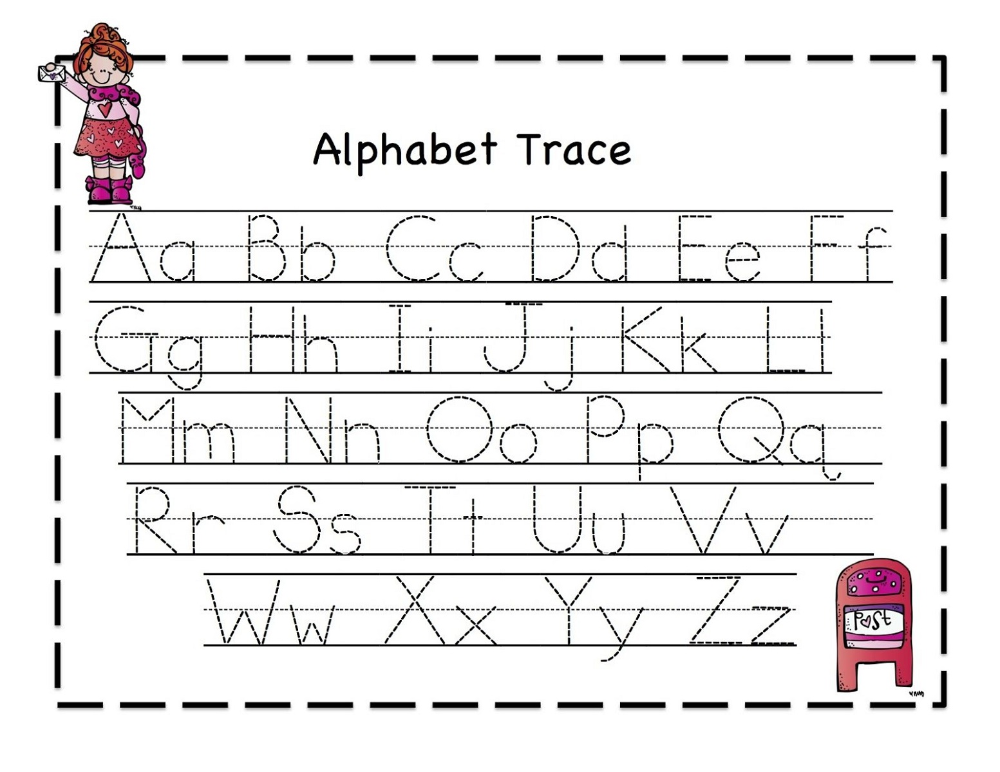 The Basic Guarantees of the Rights of the Child Act and the Education Act establish the right of everyone to an accessible, free education.
The Basic Guarantees of the Rights of the Child Act and the Education Act establish the right of everyone to an accessible, free education.
The Convention on the Rights of the Child establishes that all actions concerning children must be directed to their observance and best interests. The Family Code says that the choice of a garden is the right of parents.
To get a place for their child in the kindergarten, some parents have to go through several circles of bureaucratic hellBut in reality, it often happens like this: the mother decided to leave the decree, but there is no ticket to kindergarten and is not expected until next year. Depending on the region, this can last for more than one year, until the exit to school.
In this article we will figure out what to do if you want to put your child in a garden, but there are no places or there is, but the garden is given 3-5 kilometers from the house over rough terrain - and this is even in the best case.
How to get in line
If your friends and acquaintances already have parents with experience, then you know that you need to get in line for kindergarten as early as possible - so the chances of getting a place on time (this is usually before the child is three years old) rise.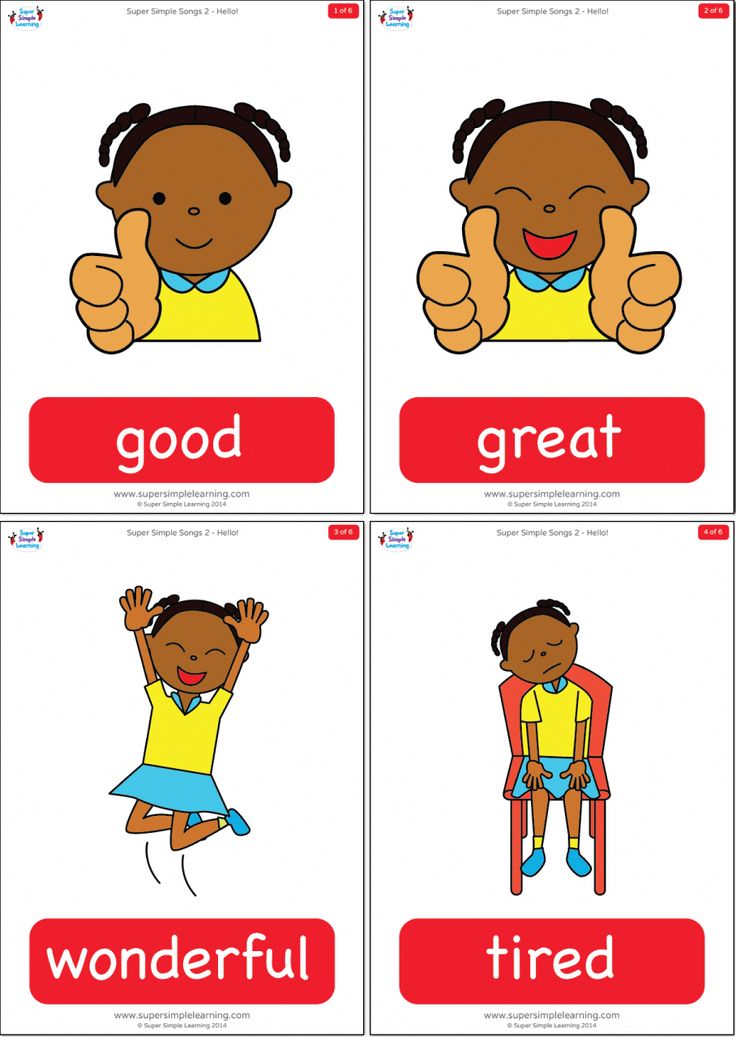
Because it's the electronic queue that parents are told about at the education department that determines who gets who in the kindergarten. Masha followed Vasya, Vasya followed Petya, Petya followed Lena, and so on.
Not really.
The waiting list everyone is referring to is not a waiting list at all, but a tracking system designed to keep track of the number of children who need to be placed in a given school year. Those. even if you “put the child in line” six months before you need a garden, this is not a reason to refuse to provide you with a place. Refusal with the argument “before it was necessary to stand in line” has no legal basis.
Moreover, the automatic recruitment referred to by the department's employees violates the rights of children, since the realization of the rights of one child cannot depend on the realization of the rights of other children. Those. places in the garden should be provided for all children who need it. And with automatic picking, this is impossible, because the system does not take into account those who “stand far in line”, but need a place right now.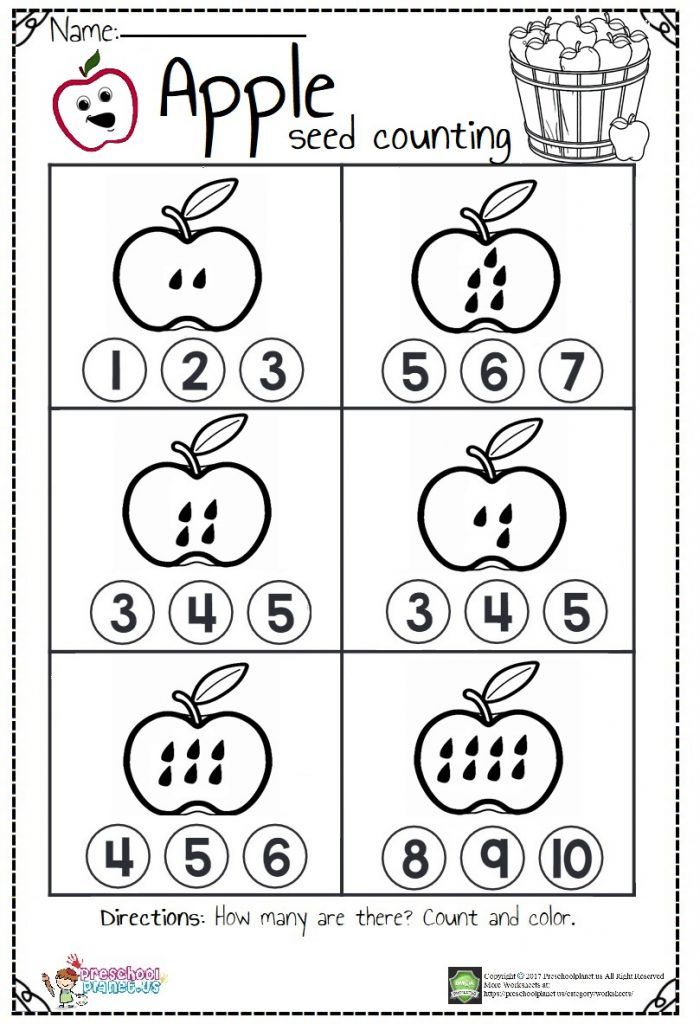
The second point, which is often referred to in departments for preschool education: “there are still many beneficiaries in front of you, they have an advantage”.
That's right. Children of privileged categories of citizens do have an advantage in enrollment.
Enrollment out of turn is eligible for:
- children of citizens affected by radiation at the Chernobyl nuclear power plant,
- children of citizens from special risk units, as well as families who have lost their breadwinner from among these citizens,
- children of judges, prosecutors, employees of the Investigative Committee.
First of all enrolled:
- children from large families,
- disabled children and those with a disabled parent, 90,003 children of military personnel, police officers and employees with special ranks serving in institutions and bodies of the Penitentiary Institution, in the federal fire service, in drug control bodies, in customs departments;
- children of single mothers (if there is no entry in the birth certificate or the entry was made at the direction of the mother).
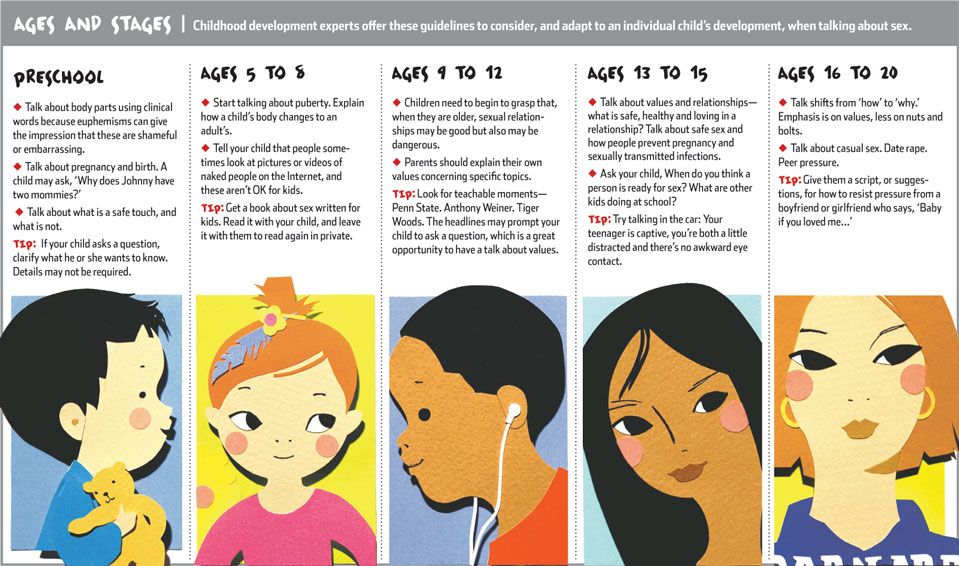
But does this mean that those who do not have these benefits should stay at home until school? .. No. According to the Letter of the Ministry of Education and Science “On recommendations on the procedure for recruiting preschool educational institutions”, in one group the number of beneficiaries cannot exceed the number of children who are not included in any of the beneficiary categories. Those. the maximum ratio of beneficiaries and everyone else is 50/50.
So, in order to register a child (let's say it right), you need to submit the following package of documents:
- application for registration,
- copy of the passport of one of the parents,
- copy of birth certificate,
- proof of benefits, if you have any.
Notice that registration is not required? Because the right to pre-school education, according to the law, can be exercised even without a residence permit.
There are three ways to register a child with the department: directly with the department, through the MFC or through the State Services portal.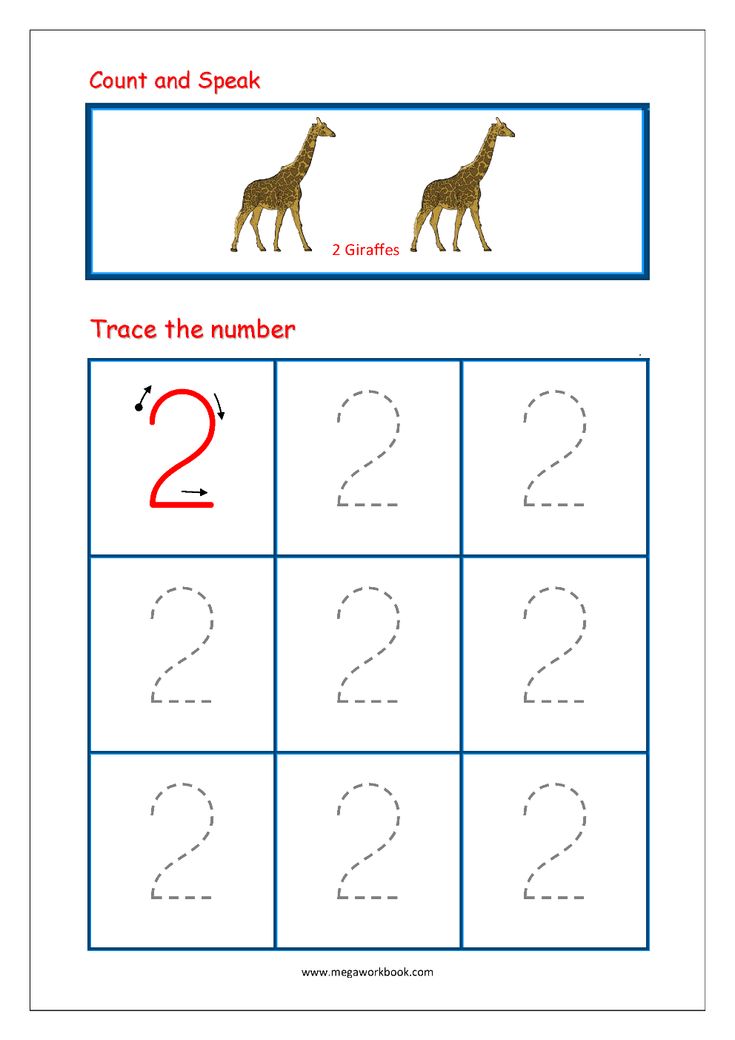
Unfortunately, each method has its own catch. For example, in the MFC or on the portal, it may be difficult to register an appeal without a residence permit. The department may refuse to personally accept documents due to the epidemiological situation and offer to leave them in a box.
Of course, you can do this, but it's better to insist on a personal appointment to make sure that your application is accepted and registered (ie, the employee must stamp and assign an incoming number to your copy of the application). If at this stage there are difficulties, you can refer to the Federal Law on the Consideration of Citizens' Appeals.
Regardless of how you apply, your application must be processed within 30 days. Those. if you were not notified of registration in a month, take your copy of the application (if submitted through the department), receipt (if through the MFC) or printout (if through the State Services) and go to your department to figure it out.
Why file another application
You have registered your child.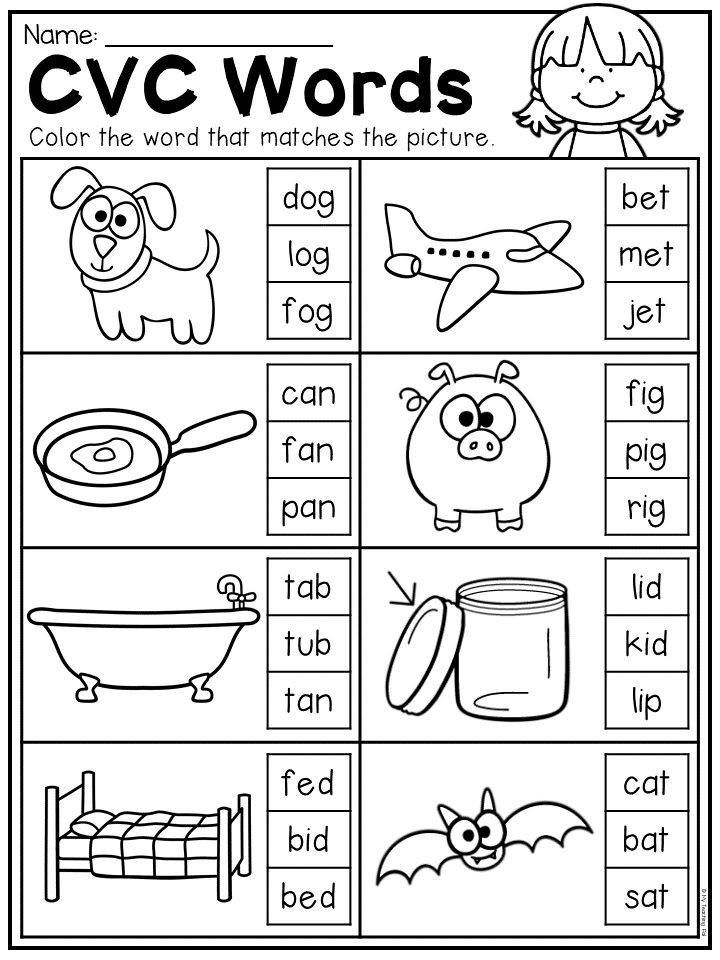 He grows. A year, one and a half, two, two and a half passes and you think: “Well, it’s probably time to send the child to kindergarten and go to work.”
He grows. A year, one and a half, two, two and a half passes and you think: “Well, it’s probably time to send the child to kindergarten and go to work.”
Go to the State Services to check the status of the application, and see your number - 258. Shock, panic - what to do?.. Apply for a place in kindergarten!
No, this is not the same statement that we talked about above.
Want to get a place in the garden? It's time to improve your knowledge of Russian legislationThe first application is about registering your child. To them you tell the department that in the future your child will need a place in such and such kindergartens, and it will be taken into account when planning the number of places. With the second application - for the provision of a place - you say that you need a garden right now.
If you're reading this right now and you're asking, "Why is this necessary - I've already written one application, it's obvious that I'm waiting for a job." Unfortunately, it's not obvious.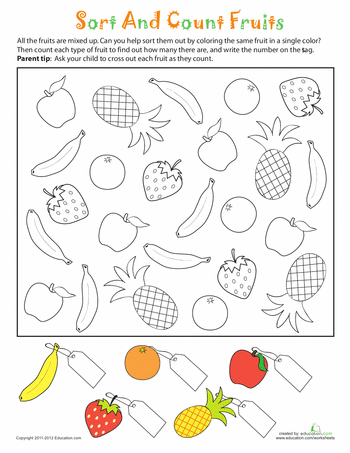 There are many children, there are few places in the gardens, there is not enough for everyone. And if you do not declare yourself, then the department will give you a place not when you need it, but when the department has the opportunity. And if it does not appear in the next year or two?.. Or will they give a place not in the garden that you have marked as a priority, but in the one that is 5 kilometers away?..
There are many children, there are few places in the gardens, there is not enough for everyone. And if you do not declare yourself, then the department will give you a place not when you need it, but when the department has the opportunity. And if it does not appear in the next year or two?.. Or will they give a place not in the garden that you have marked as a priority, but in the one that is 5 kilometers away?..
Therefore, if you understand that, for example, six months are left before going to work, and there is no progress in the queue, write an application for a place so that the department knows about your need.
If you approach the application in detail, you will save yourself time. You can’t just write “I ask you to provide my child with a place from such and such a date in such and such a garden” and wait for a ticket to be sent to you. In our case, in detail means justified from the point of view of the law. How exactly to build a statement, what to emphasize - depends on your situation.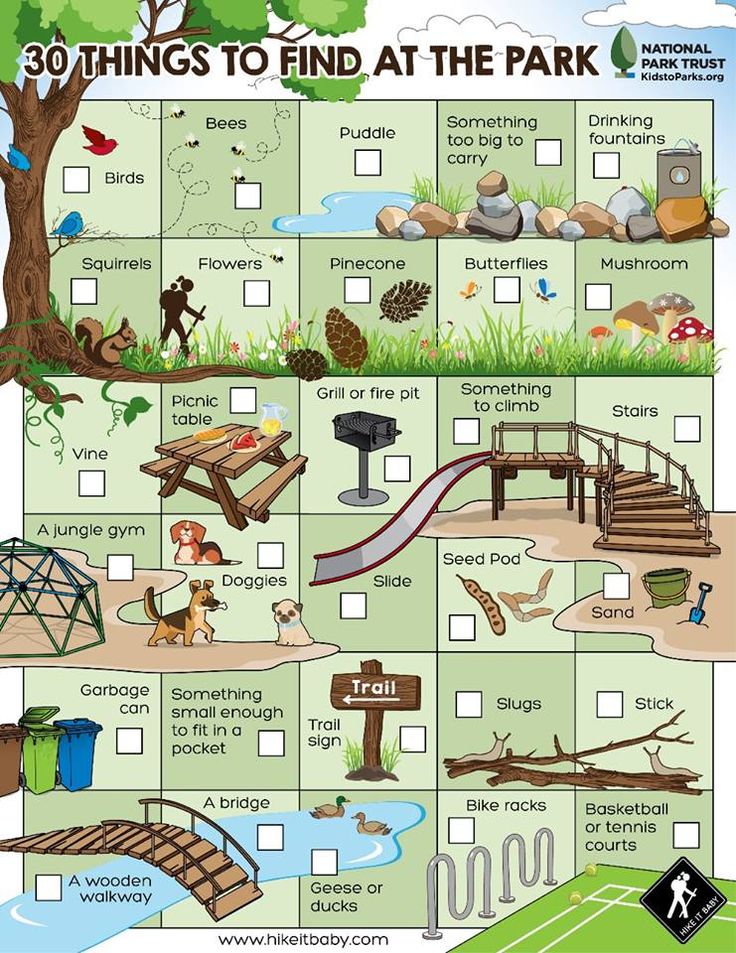
There is a kindergarten in the courtyard of Alina's house, and she planned to take her son there. But the queue doesn't move! Alina decided to call the department and find out what was happening with the places.
« There is no room in garden N, but there is room in garden M! Will you go?" - Alina was asked in the department. And garden M, for a moment, is 7 kilometers away. And get there by bus + walk 40 minutes. And with a three-year-old child - the whole hour. And so every weekday 2 times. Of course, this is not an option when there is a garden closer - right in the courtyard of the house.
In our example, after the conversation, Alina understood what objections she would have to face from the employees of the department. It was on their overcoming that she decided to build a statement.
In addition to the general provisions for any situation that every citizen, according to the Constitution of the Russian Federation, has the right to receive an education, that, according to the Family Code, the choice of a kindergarten is the exclusive right of parents, etc.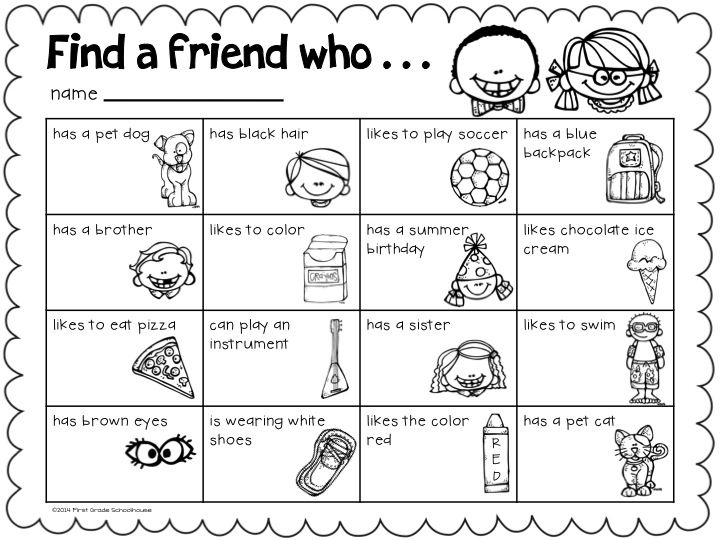 , etc. Alina will also write that her child only needs Garden N, because it is he who meets the requirements of safety and physical accessibility, which are prescribed in the new Sanitary Rules, Building Regulations and Rules and are supported by the decision of the Constitutional Court of the Russian Federation.
, etc. Alina will also write that her child only needs Garden N, because it is he who meets the requirements of safety and physical accessibility, which are prescribed in the new Sanitary Rules, Building Regulations and Rules and are supported by the decision of the Constitutional Court of the Russian Federation.
An application for a place in the garden must be submitted directly to the office. Just as in the first case, ask to register an appeal and put down the incoming number.
Remember, the broader the regulatory base (ie the number of references to applicable law) of your application, the more likely you are to get a seat right away. But do not give up and do not give up if a month later you were told that there are no places in the garden and when they will not be known. This reason for refusal is illegal. Let's figure out why together.
Why save money for months when you can get what you want right now? Take a loan at a rate of 6.9% in Sovcombank, apply for the “Minimum Rate Guarantee” service, and we will return all interest upon the expiration of the loan term.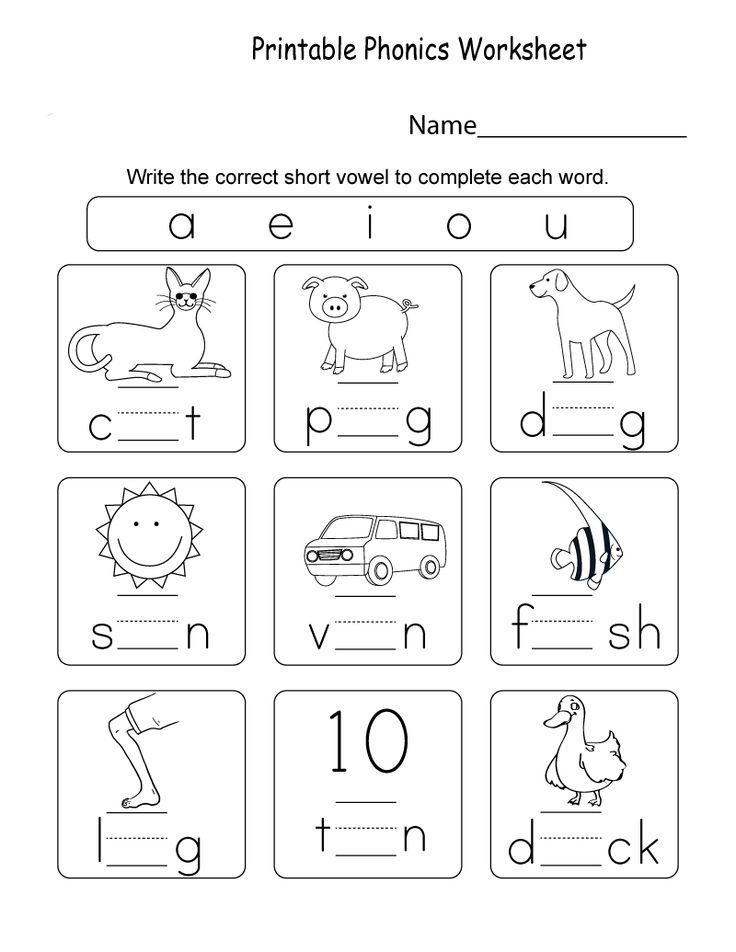 To do this, pay off Halva every month and avoid delinquency on the loan. You can leave a request in two clicks, and we will credit the money to the card or send it by courier.
To do this, pay off Halva every month and avoid delinquency on the loan. You can leave a request in two clicks, and we will credit the money to the card or send it by courier.
What to do if there are no places
Indeed, Art. 67 of the Law on Education says that admission to a particular kindergarten may be refused if there are no places in it. But in this case, the department is obliged to offer an alternative option.
Please note: the law specifies that the garden must be within easy reach of the child's place of residence. And accessible proximity, as mentioned above, is physical accessibility as well. If you need to get there by car or public transport, then this no longer meets the requirements of safe physical reach.
Therefore, the garden for 3, 5, 25, etc. kilometers is not an alternative available to you, but a convenient option for the agency to close your request.
I see, the refusals are illegal. But how to prove it to the department? If there is no free space in the available vicinity, the department, anticipating the need thanks to the same accounting system, must take timely measures to increase the number of places.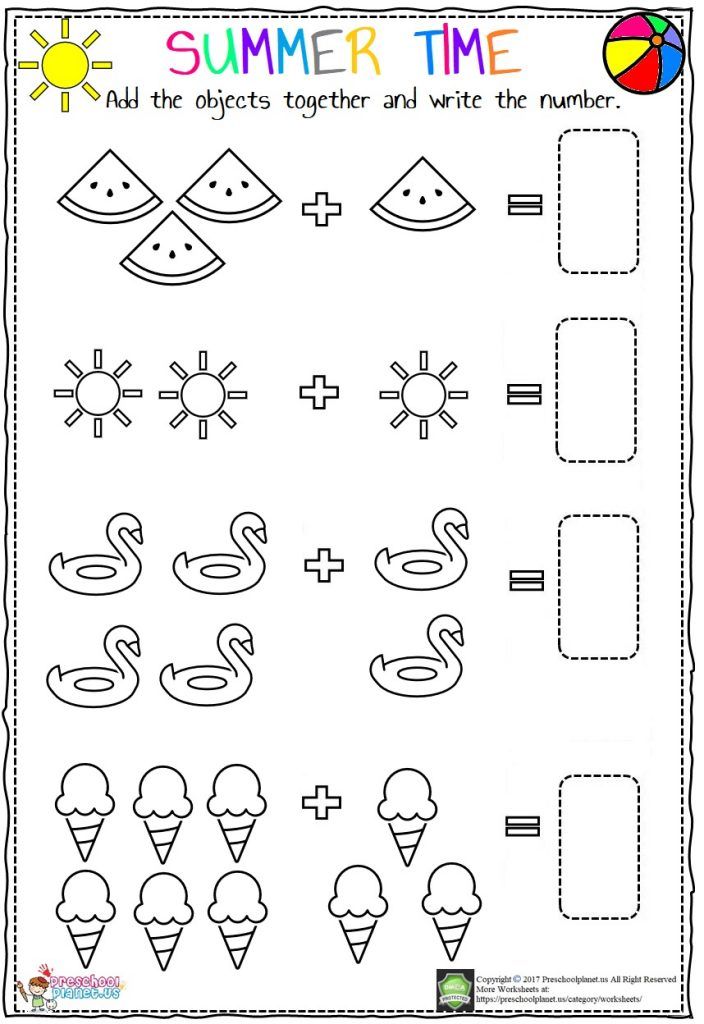 Therefore, the lack of places in the garden cannot be a legitimate reason for refusal. Rather, it is evidence of the department's inaction.
Therefore, the lack of places in the garden cannot be a legitimate reason for refusal. Rather, it is evidence of the department's inaction.
Call on the law
The agency's denial of your kindergarten application violates the law and the rights of the child. Therefore, your next step will be a complaint to the prosecutor's office about the inaction of a state body.
In the complaint, it is obligatory to state not only the essence of the problem (for example, they do not give a place in the garden), but also the rationale for your position from a legal point of view: what rights were violated, what exactly the violation consists of, etc. Just like in the application , we refer to the current legislation, and the more complete and detailed, the better.
In addition, the complaint will need to summarize what actions you expect from the prosecutor - conducting an audit, bringing to justice, etc.
Please note that the prosecutor's office does not have to forward the complaint to the agency whose actions you want to appeal.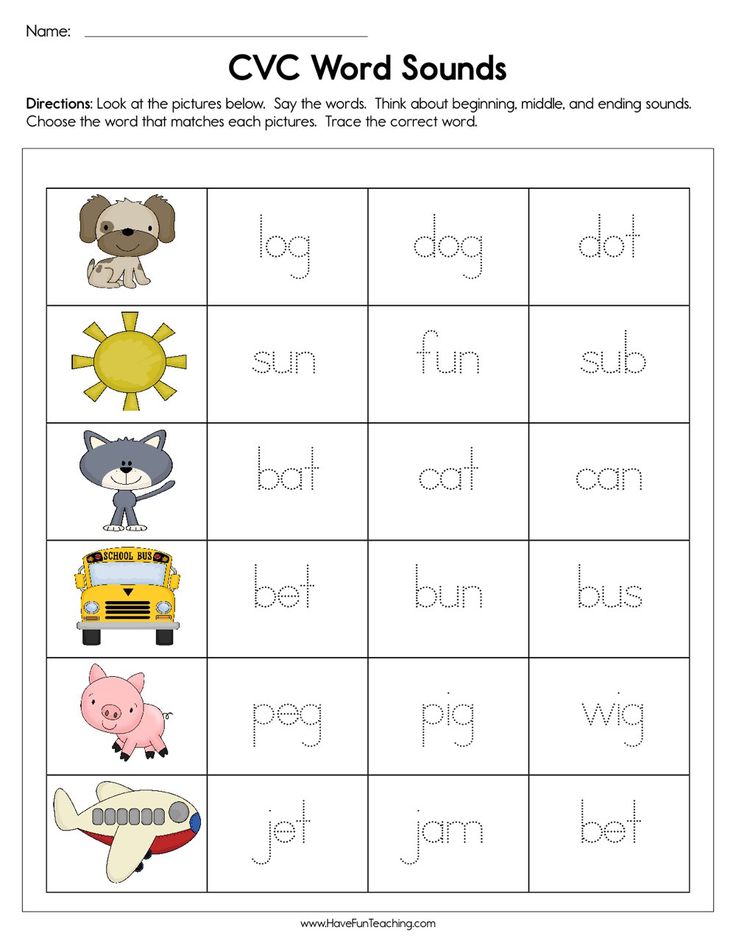 If the prosecutor's office ignored this rule, most likely you will not receive a quality answer, the department will simply duplicate the refusal. In this case, you will need to draw up a statement of claim and file it with the court.
If the prosecutor's office ignored this rule, most likely you will not receive a quality answer, the department will simply duplicate the refusal. In this case, you will need to draw up a statement of claim and file it with the court.
Bad news : asserting the right to a place in the garden is a long and difficult path. Local courts may refuse, an appeal may not be in your favor.
But there is also good news : positive practice is developing in the Supreme Court of the Russian Federation in favor of parents who go to the end and fight for the rights of their children.
Choosing a kindergarten for a special child. Tips
Choosing a kindergarten for a special child. Advice - Timmi.clubSkip to content
Parents with special needs sometimes face the problem of not being accepted into a regular kindergarten.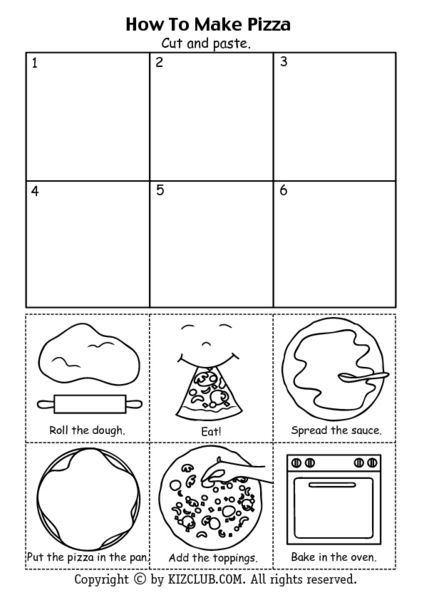 And sometimes mom and dad themselves think about taking their special child to an inclusive kindergarten. After all, professionals in their field will deal with their baby there, who will take into account all the features of a small person. But the question arises: how to choose a kindergarten for special children? We will answer the question in this article.
And sometimes mom and dad themselves think about taking their special child to an inclusive kindergarten. After all, professionals in their field will deal with their baby there, who will take into account all the features of a small person. But the question arises: how to choose a kindergarten for special children? We will answer the question in this article.
What is an inclusive kindergarten?
Inclusive Kindergarten is a pre-school educational institution for children with disabilities. In such organizations, as a rule, all the necessary conditions are created for the comprehensive development, treatment and correction of special babies. True, almost all inclusive kindergartens are private, not public.
Kindergartens for special children are distinguished by the fact that they can only bring a child to classes with a specialist or for a full day.
A distinctive feature of kindergartens for special children is that the staff includes not only educators, but also narrower specialists.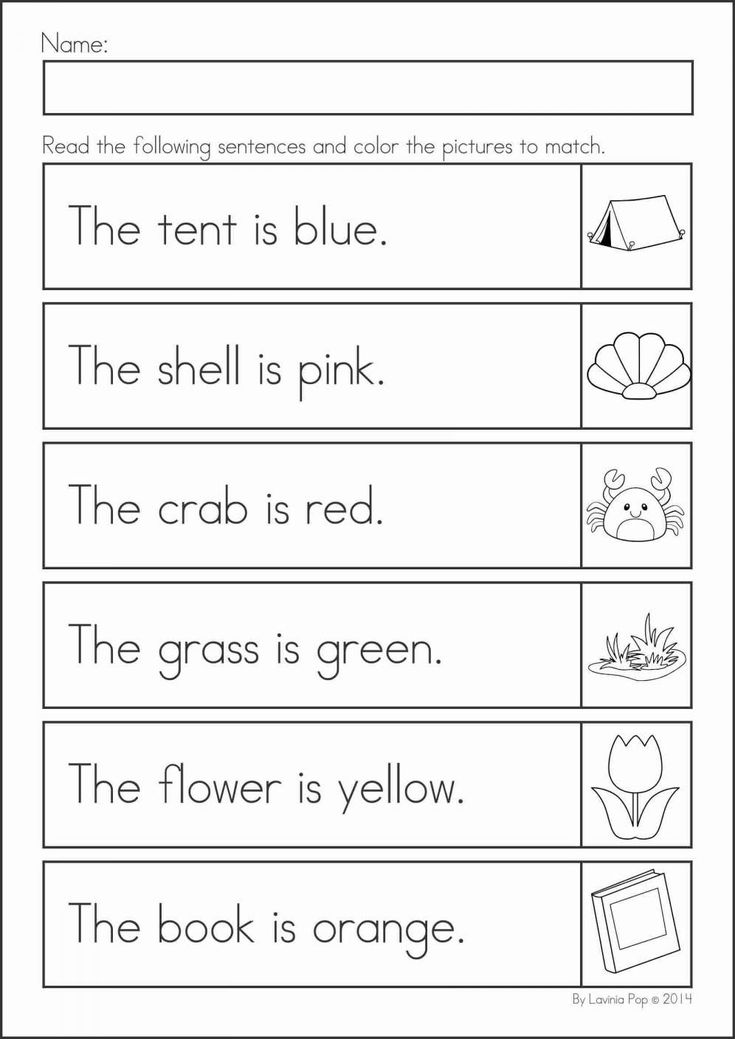 For example, speech therapists, neuropsychologists, sensory integration specialists, psychologists, defectologists, rehabilitation therapists and others. As a rule, in inclusive kindergartens, children's groups are small - an average of 10-16 people. This allows educators to give enough attention to all their pupils.
For example, speech therapists, neuropsychologists, sensory integration specialists, psychologists, defectologists, rehabilitation therapists and others. As a rule, in inclusive kindergartens, children's groups are small - an average of 10-16 people. This allows educators to give enough attention to all their pupils.
Learn more about sensory integration and how it helps your child develop. Read this article.
In addition, inclusive kindergartens often hold talks and consultations between parents and specialists. During the dialogue, parents are told in more detail and specifically about the characteristics of their child. In addition, experts advise what is the best environment to make at home, what exercises it is desirable to perform every day, how to talk with the baby, and so on. All this is aimed at a more successful development of the baby.
Developmental session with a neuropsychologistHow to choose a kindergarten for special children?
There are now a large number of inclusive kindergartens to choose from, which makes most parents dizzy with choices.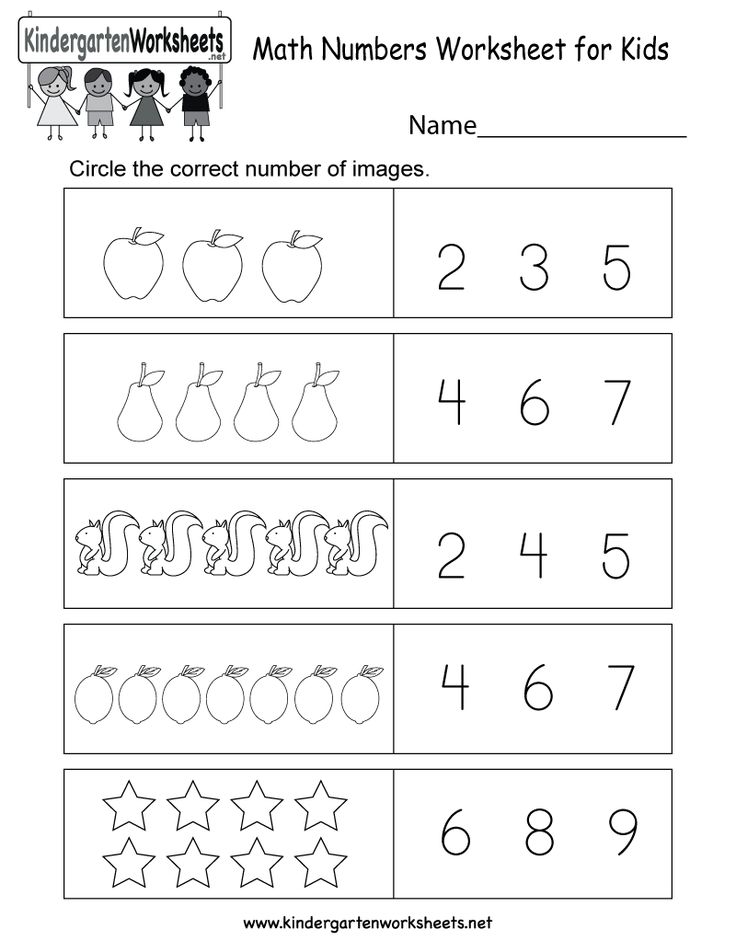 But after all, every mother and every father wants the best for their child. So how do you choose the best daycare for a special child? In the process of choosing and searching for an option, the following characteristics of an inclusive preschool educational institution should be taken into account:
But after all, every mother and every father wants the best for their child. So how do you choose the best daycare for a special child? In the process of choosing and searching for an option, the following characteristics of an inclusive preschool educational institution should be taken into account:
- Kindergarten working hours;
- availability of narrow and qualified specialists;
- the proposed educational program for the child;
- experience and quality of work of educators;
- availability of facilities for learning and development of children: sensory room, fitness room, fitness equipment, and so on;
- exterior of the kindergarten;
- whether children with the same feature as your baby are taken to the kindergarten;
- location of the pre-school educational institution;
- cost of services rendered;
- testimonials and testimonials from other people, including kindergarten graduates.
Exercise therapy (physiotherapy exercises) is necessary for almost all children with special needs.
Learn more about its benefits from this article.
Usually all this information is indicated on the official website of the inclusive kindergarten for special children. And reviews can be found on the Internet in specialized forums or in any groups / communities. Once you have decided in absentia on the option, do not rush to make a decision. After all, you will take your child to the selected kindergarten every day. This means that the decision must be approached with all responsibility. Therefore, it is worth using these tips on how to choose a kindergarten for special children:
- personally visit the educational institution you like;
- talk to the administration and kindergarten teachers;
- try to find the parents of children who are already studying there and talk to them;
- carefully study all the services offered and their cost;
- be sure to explore several options for kindergartens so that you have something to compare;
- ask the kindergarten management about the trial period;
- ask whatever interests you, even if the question seems silly to you.
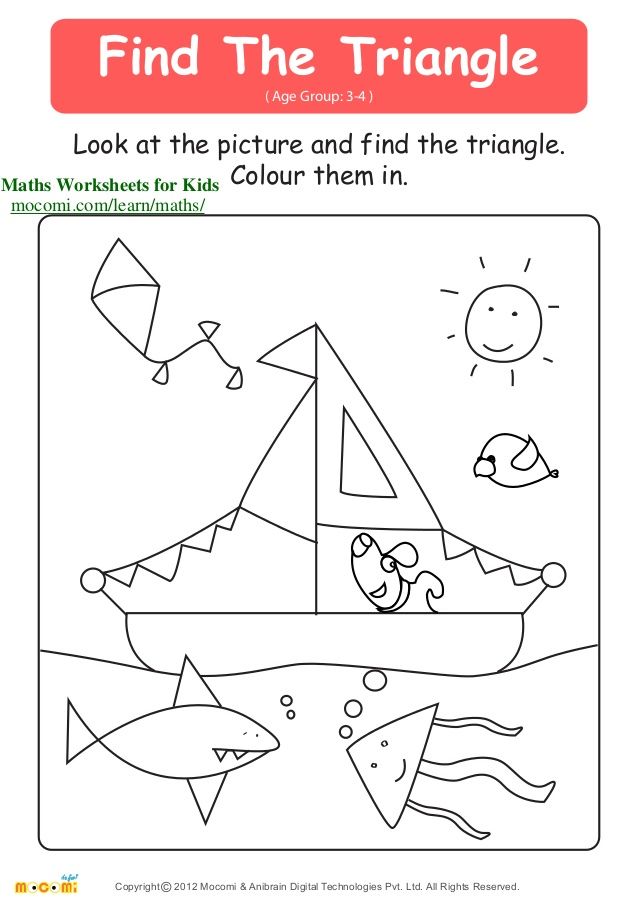
Special children often need a special diet. Read the helpful article "Nutrition for Children with Autism" and then consult a gastroenterologist and geneticist for recommendations on diet modifications specifically for your child.
If you have already decided on a solution, then try to agree on a trial period. As soon as the child goes to kindergarten, he will experience stress. Even despite all the modern techniques and qualifications of specialists, this will be a stressful situation for the baby. Therefore, try to support it as much as possible, especially in the early days. You can even pamper your child a little for more motivation to attend kindergarten.
As soon as you pick up your little one after the first day of school, try to find out how he felt about what he liked.
Listen to the child, be sure to pay attention to the mood. If within a few days everything is in order and, apart from the expected stress, the baby did not experience anything negative, then you have chosen the right kindergarten.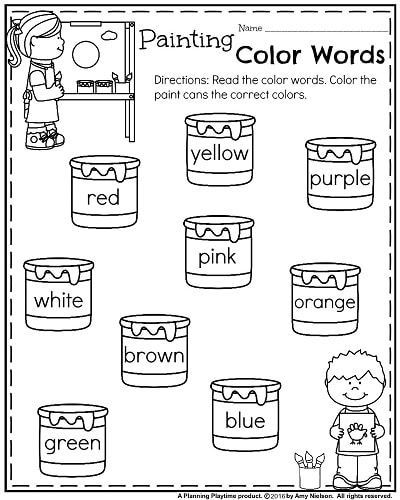 If a child complains about something, then it is important to listen to his words and do something, for example, talk with the kindergarten teacher / leadership or even change the preschool educational institution.
If a child complains about something, then it is important to listen to his words and do something, for example, talk with the kindergarten teacher / leadership or even change the preschool educational institution.
In summary
Now you know how to choose a kindergarten for special children and what to pay attention to. Therefore, you can conduct an independent analysis and make sure that TimmiClub is the best option for special children in Kharkiv. All information about our children's center is on this website. And if you have any questions, you can call or email us. We will be glad to see you in our children's center TimmiClub.
Close menu
Request a call back
Please note: JavaScript is required for this content.
Find the right professional
Please note: JavaScript is required for this content.
Book a consultation and a 50% discount trial
Please note: JavaScript is required for this content.
Subscribe for 10 months. Natural sorbent Flumvita Constanta. Net weight of one package - 100 g.
Please note: This content requires JavaScript.
Share your TimmiClub experience
Required field
Name
Phone
Star rating
Title The title for your review.
Review
Book a TimmiClub Specialist
Please note: JavaScript is required for this content.
Sign up for a consultation with a speech pathologist
Please note: This content requires JavaScript.
Book an appointment with a child psychologist
Please note: JavaScript is required for this content.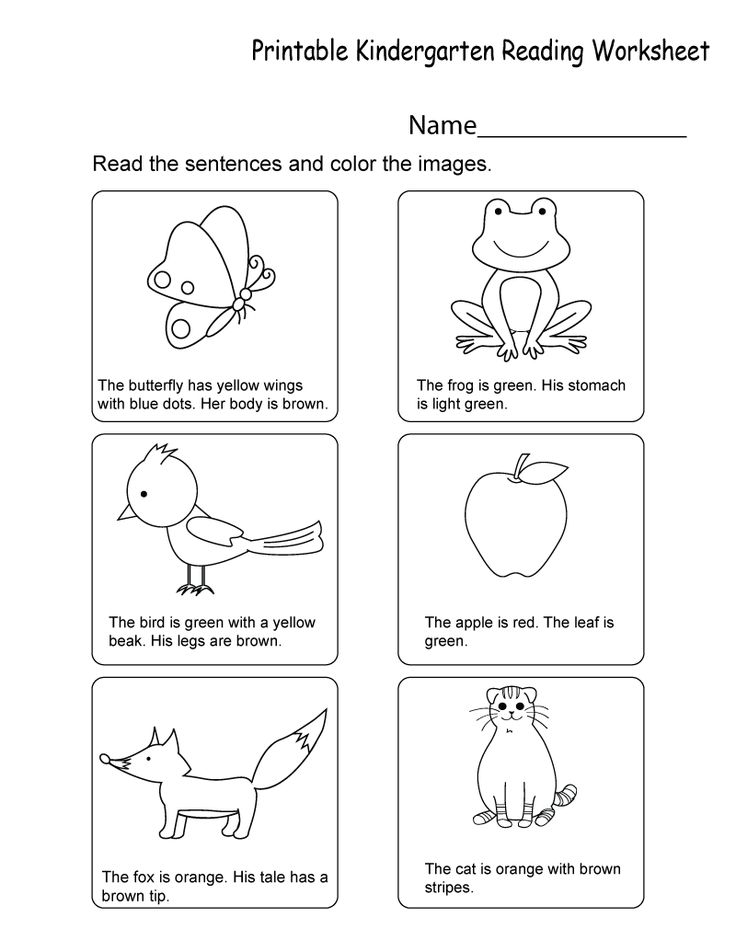
Book a Sensory Integration Consultation and Trial
Please note: JavaScript is required for this content.
Book a consultation with a TimmiClub specialist
Please note: JavaScript is required for this content.
Ask your question
Please note: JavaScript is required for this content.
Subscribe for 3 months. Natural sorbent Flumvita Constanta. Net weight per package is 100g.
Please note: JavaScript is required for this content.
Subscribe for 7 months. Natural sorbent Flumvita Constanta. Net weight per package is 100g.
Please note: JavaScript is required for this content.
Book an appointment with a neuropsychologist
Please note: JavaScript is required for this content.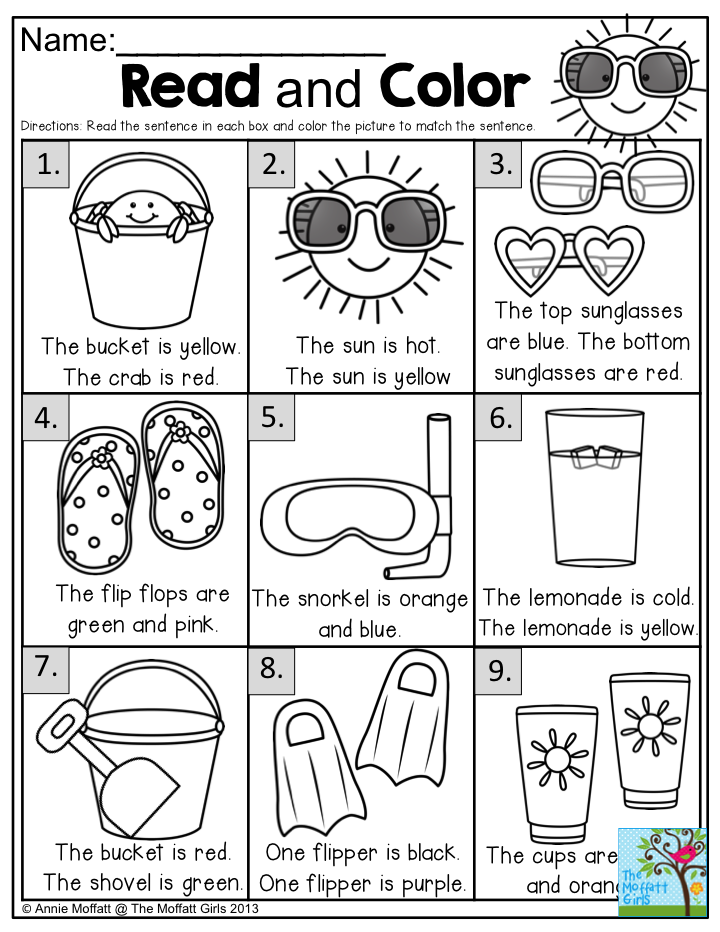
Book an art therapy consultation and trial
Please note: JavaScript is required for this content.
Sign up for neuropsychologist comprehensive testing
Please note: JavaScript is required for this content.
Sign up for a trial lesson in exercise therapy (physiotherapy exercises)
Please note: This content requires JavaScript.
Book a consultation and a 50% discount trial
Please note: JavaScript is required for this content.
Book an appointment with a physical rehabilitation specialist
Please note: JavaScript is required for this content.
Book a TimmiClub Specialist
Please note: JavaScript is required for this content.
Book a speech/tube massage
Please note: JavaScript is required for this content.
Sign up for speech therapy
Please note: JavaScript is required for this content.
Book an ABA Therapy Consultation and Trial
Please note: JavaScript is required for this content.
Please select required facsimile
Please note: JavaScript is required for this content.
Book an appointment with a TimmiClub specialist
Please note: JavaScript is required for this content.
Make a call
Please note: JavaScript is required for this content.
Book an ABA Therapy Consultation and Trial
Please note: JavaScript is required for this content.
Sign up for a speech therapy session
Please note: JavaScript is required for this content.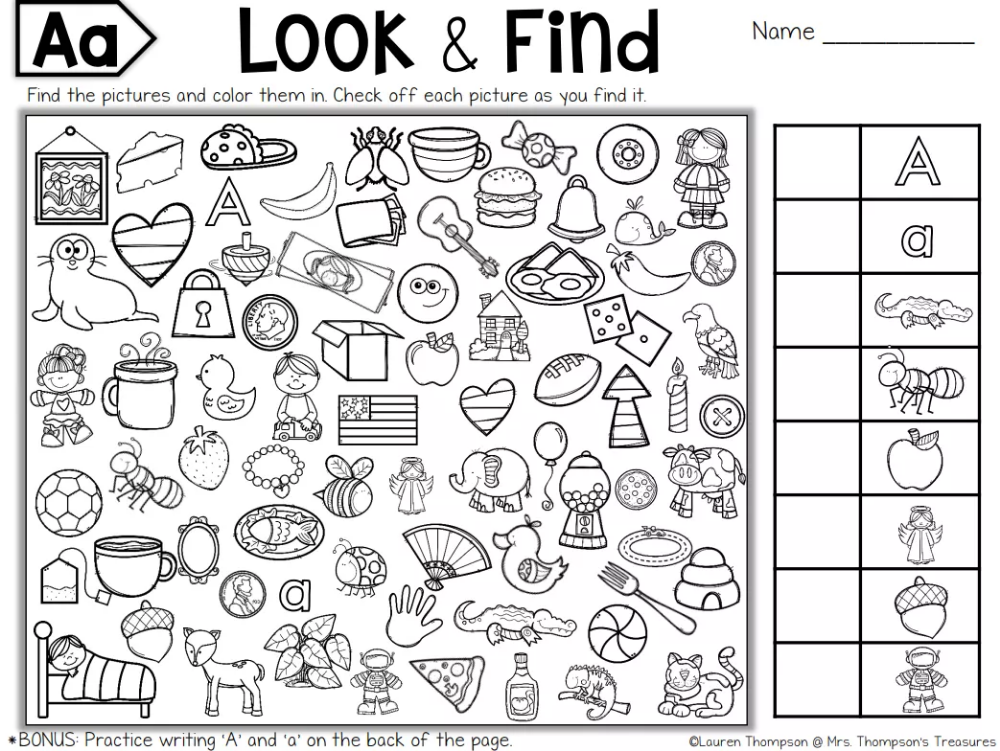
Book a speech/probe massage
Please note: JavaScript is required for this content.
Sign up before fahivtsya TimmiClub
Please note: JavaScript is required for this content.
Book an appointment with a Physical Rehabilitation Specialist
Please note: this content requires JavaScript.
Sign up for a trial lesson in exercise therapy
Please note: JavaScript is required for this content.
Sign up for a comprehensive neuropsychological test
Please note: JavaScript is required for this content.
Book a consultation and art therapy trial
Please note: JavaScript is required for this content.
Book an appointment with a neuropsychologist
Please note: JavaScript is required for this content.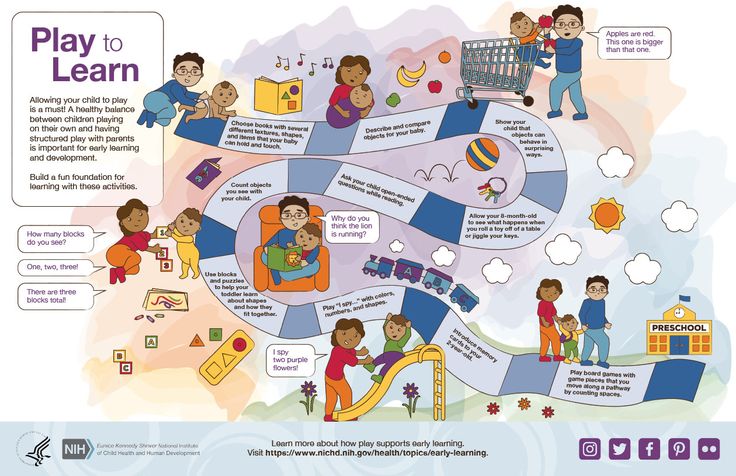
Share your knowledge to borrow at TimmiClub
Required field
Name
Phone
Star Rating
Title The title for your review.
Review
Enquire
Please note: JavaScript is required for this content.
Book a consultation before facilitation TimmiClub
Please note: JavaScript is required for this content.
Book a consultation and sensory integration trial
Please note: This content requires JavaScript.
Book an appointment with a child psychologist
Please note: this content requires JavaScript.
Make an appointment with a speech pathologist
Please note: this content requires JavaScript.
Choose the right professional
Please note: JavaScript is required for this content.